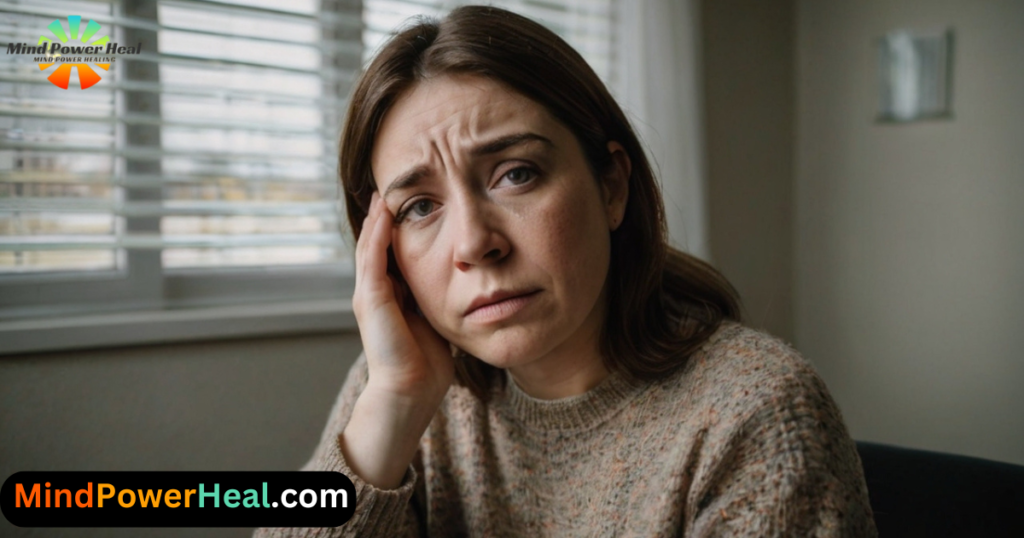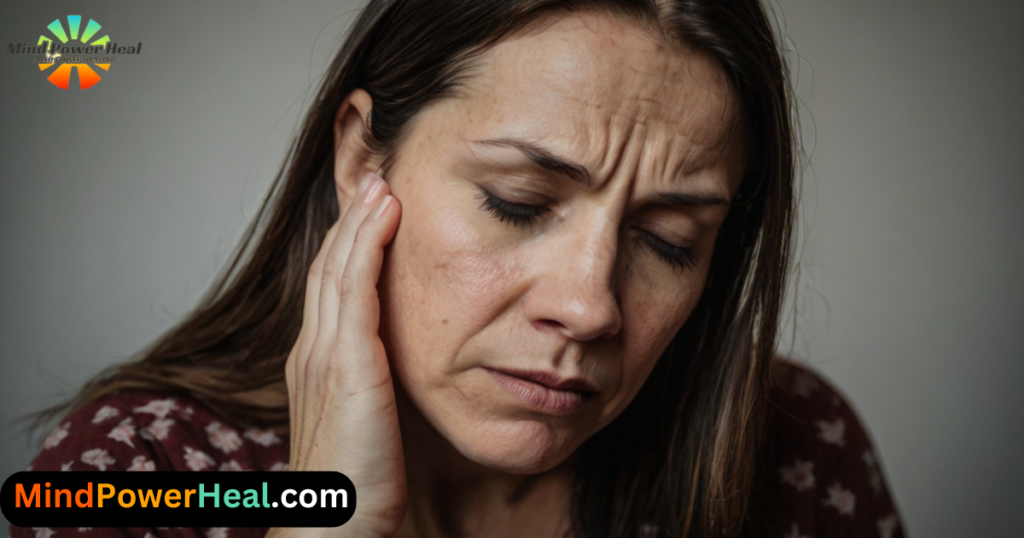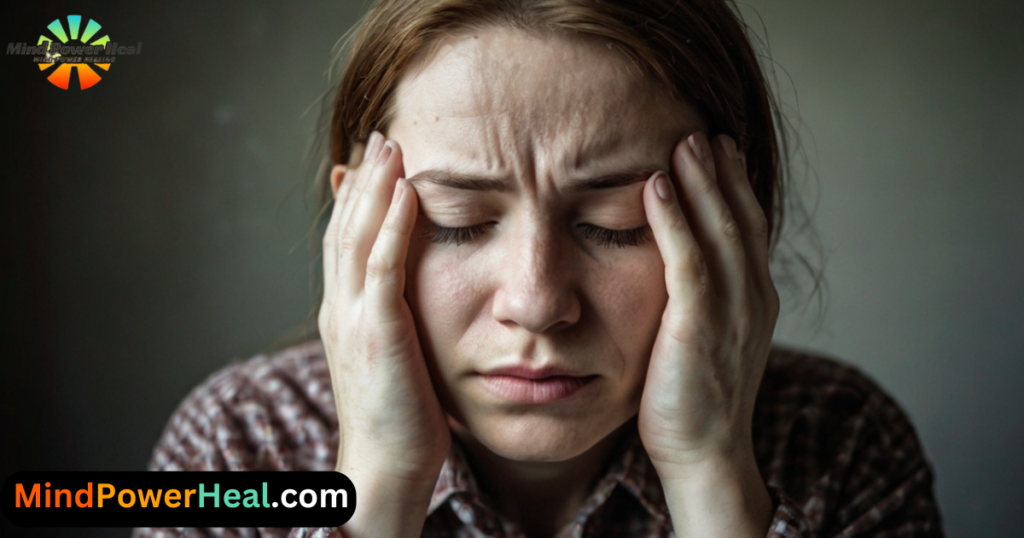Mild depression symptoms and treatment is a common mental health condition characterized by a chronic state of low mood. Unlike major depression, the symptoms of mild depression are less severe but can still significantly impact daily life and overall well-being. Recognizing these symptoms early can lead to effective management and treatment.
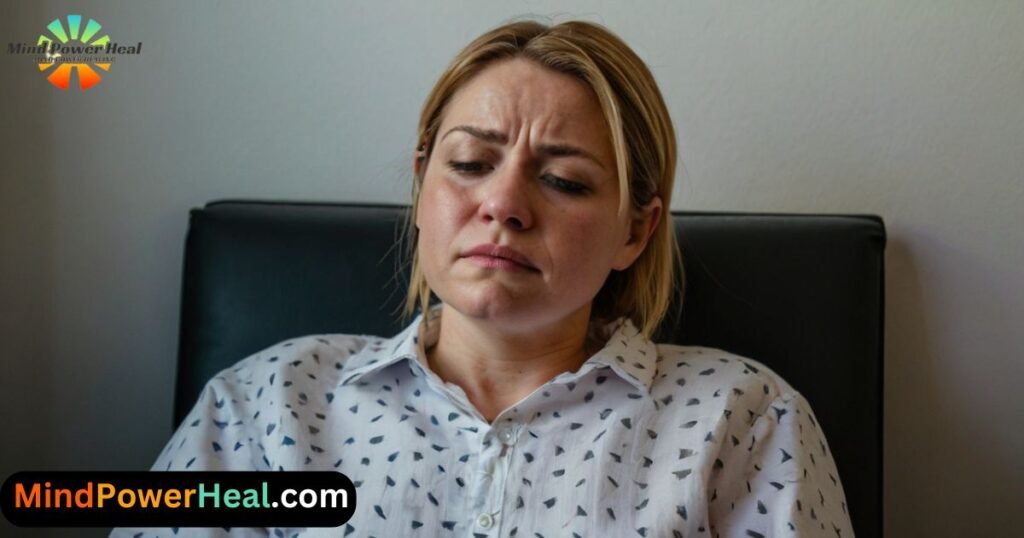
Introduction: Mild Depression Symptoms and Treatment
Mild depression, also known as persistent depressive disorder or dysthymia, is a common yet often overlooked mental health condition. Unlike major depression, its symptoms are less severe but can persist for years, subtly undermining one’s quality of life and overall well-being. Identifying the signs of mild depression early and understanding the available treatment options are crucial steps toward managing this condition effectively. This guide aims to provide a comprehensive overview of the symptoms and treatment strategies for mild depression, empowering individuals to take proactive measures for their mental health.
Mild Depression Symptoms:
Persistent Sadness or Low Mood:
- Feeling sad, down, or blue most of the day, nearly every day.
- A sense of emptiness or hopelessness that persists for at least two years.
Loss of Interest or Pleasure:
- Diminished interest or pleasure in activities once enjoyed, including hobbies, social interactions, and work.
- Withdrawal from social activities and a tendency to isolate oneself is a reason of mild depression symptoms and treatment.
Fatigue and Low Energy:
- Feeling tired or exhausted despite adequate sleep.
- Difficulty completing everyday tasks due to a lack of energy.
Changes in Sleep Patterns:
- Insomnia or difficulty staying asleep.
- Oversleeping or finding it hard to get out of bed in the morning.
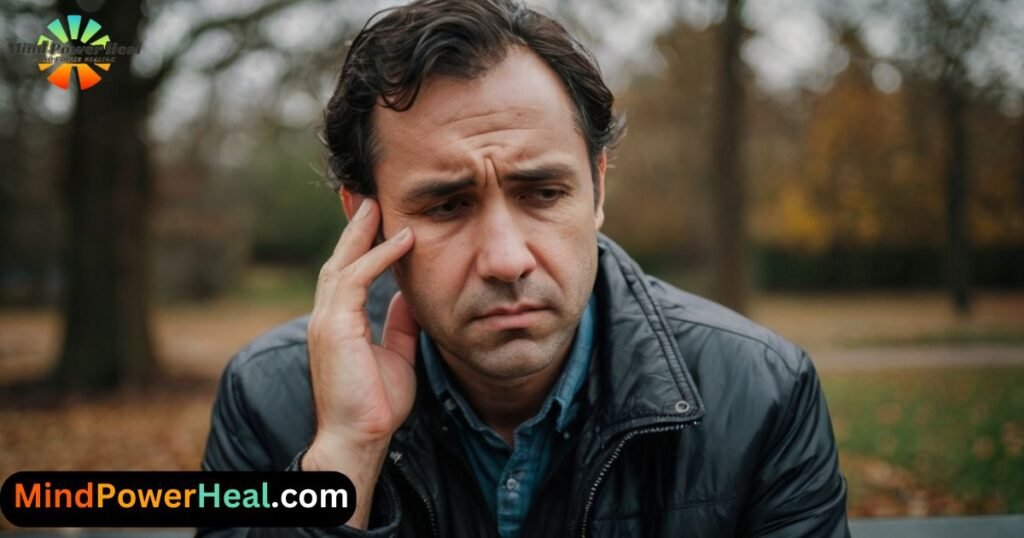
Changes in Appetite or Weight:
- Significant changes in appetite, either increased or decreased.
- Noticeable weight gain or loss unrelated to dieting.
Difficulty Concentrating:
- Trouble focusing, making decisions, or remembering things.
- Feeling mentally foggy or easily distracted.
Low Self-Esteem:
- Persistent feelings of worthlessness or guilt.
- Harsh self-criticism and negative self-talk.
Irritability or Restlessness:
- Feeling more irritable, frustrated, or restless than usual.
- Difficulty relaxing or finding peace of mind.
Mild Depression Symptoms and Treatment Options
Mild depression is treatable, and there are various approaches that can help alleviate symptoms and improve quality of life. Treatment often involves a combination of lifestyle changes, therapy, and, in some cases, medication. Here are some effective strategies:
Psychotherapy:
Cognitive Behavioral Therapy (CBT):
Helps identify and change negative thought patterns and behaviors contributing to depression.
Interpersonal Therapy (IPT):
Focuses on improving relationships and communication skills, which can be beneficial in alleviating depressive symptoms.
Mindfulness-Based Cognitive Therapy (MBCT):
Combines cognitive therapy with mindfulness practices to prevent relapse.
Lifestyle Changes:
Regular Exercise:
Engaging in physical activity can boost mood by releasing endorphins and improving overall physical health.
Healthy Diet:
Eating a balanced diet rich in fruits, vegetables, whole grains, and lean proteins can support brain health and mood regulation.
Adequate Sleep:
Establishing a consistent sleep routine and ensuring good sleep hygiene can help manage depression symptoms.
Social Support:
Connecting with Loved Ones:
Spending time with friends and family can provide emotional support and reduce feelings of isolation.
Support Groups:
Joining a support group for people with depression can offer a sense of community and shared understanding.
Stress Management:
Mindfulness and Meditation:
Practicing mindfulness meditation can help reduce stress and improve emotional regulation.
Relaxation Techniques:
Techniques such as deep breathing, progressive muscle relaxation, and yoga can help manage stress and promote relaxation.
Medication:
Antidepressants:
In some cases, a healthcare provider may prescribe antidepressants to help regulate mood. These are usually considered when therapy and lifestyle changes are insufficient on their own.
Self-Care:
Engaging in Enjoyable Activities:
Make time for hobbies and activities that bring joy and satisfaction.
Setting Realistic Goals:
Breaking tasks into manageable steps and setting achievable goals can help improve motivation and a sense of accomplishment.
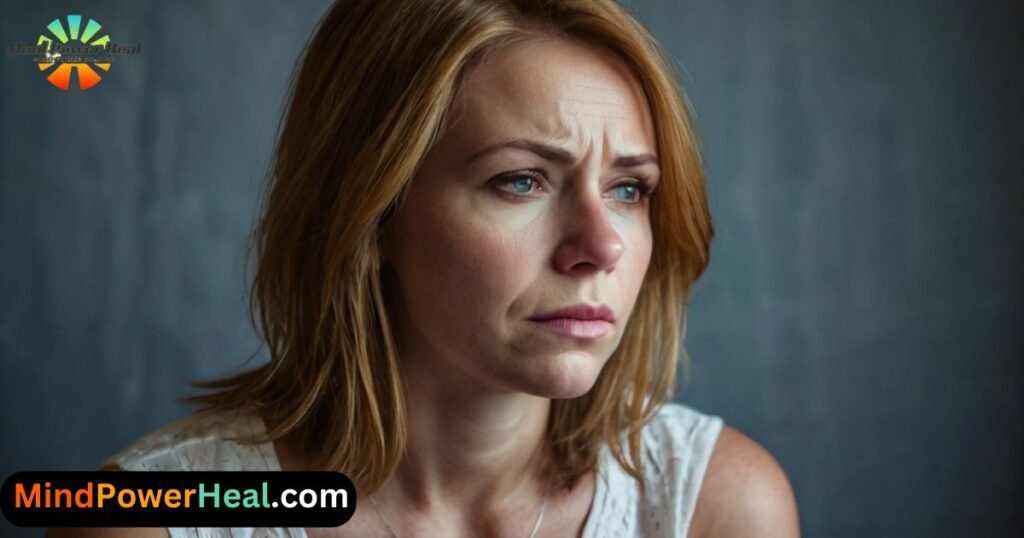
Seeking Professional Help
If you or someone you know is experiencing symptoms of mild depression, it’s important to seek professional help. A healthcare provider can conduct a thorough assessment and develop a personalized treatment plan. Early intervention can prevent the progression of depression and promote better long-term outcomes.
Conclusion
mild depression symptoms and treatment is a manageable condition, especially when identified and addressed early. By recognizing the symptoms and seeking appropriate treatment, individuals can improve their mood, energy levels, and overall quality of life. Combining therapy, lifestyle changes, and social support can create a robust strategy for managing mild depression effectively.

